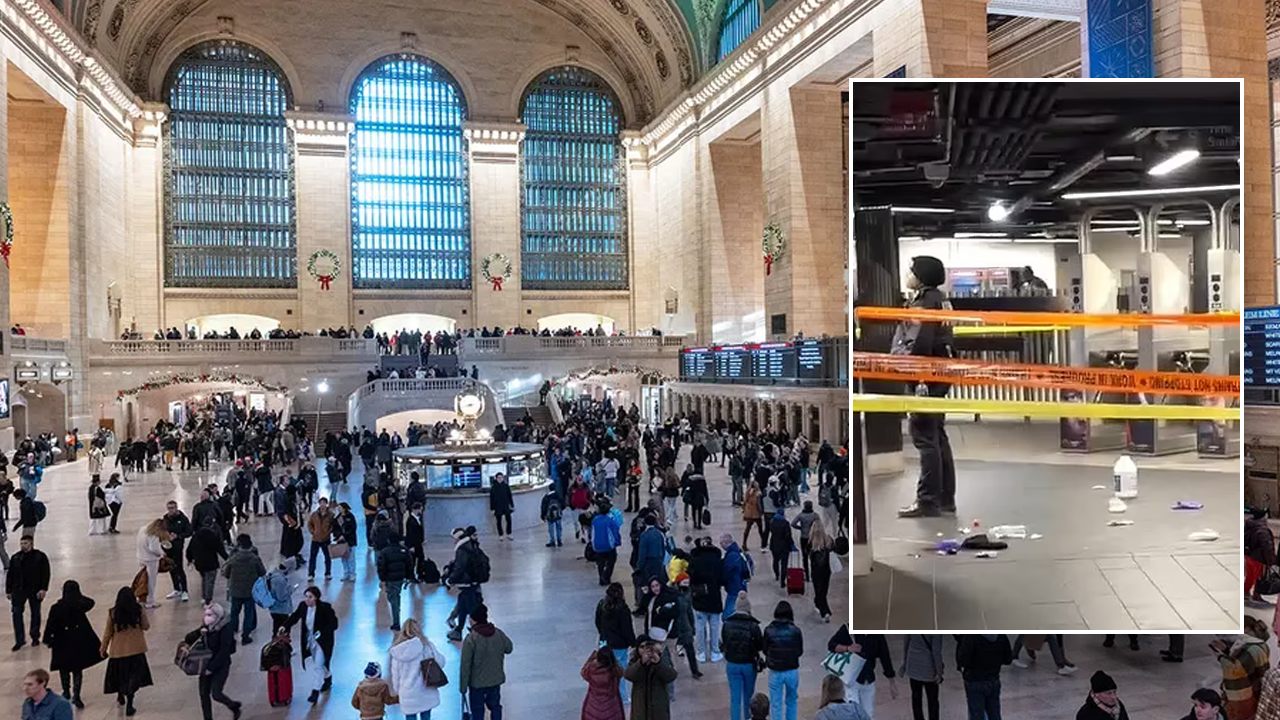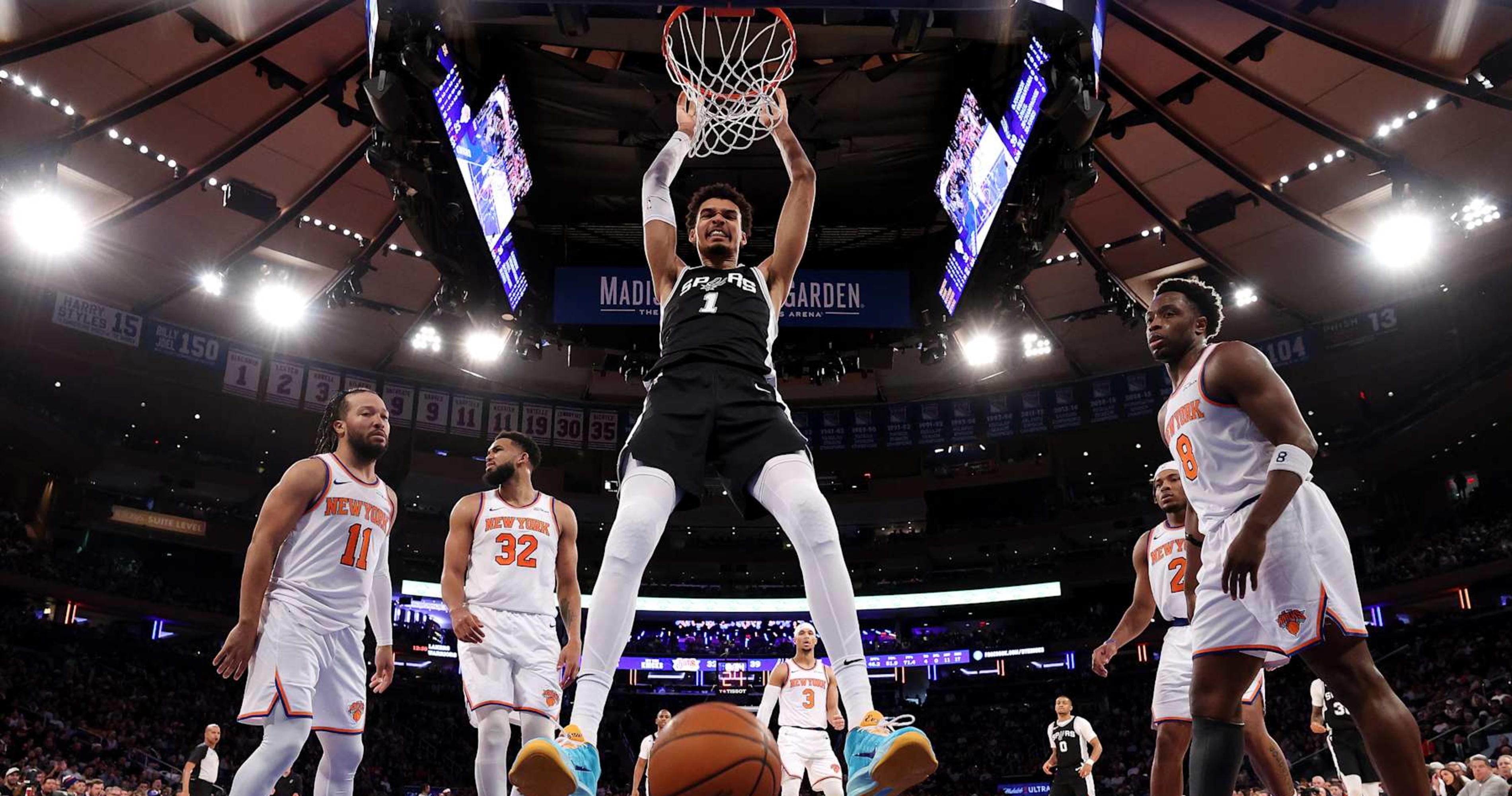Bussiness
Uber locking out NYC drivers to avoid paying them for ‘idle time’

Uber is shutting New York City drivers out of its app during periods of low demand in order to lower minimum pay — with rival Lyft on the verge of doing the same, according to a report.
Last month, Uber began locking drivers out of app’s system in order to limit the amount the company pays for idle time when drivers aren’t driving with a passenger.
Uber drivers in the Big Apple are fuming over the move, saying their income has dropped by as much as 50%, according to Bloomberg News.
The move by Uber is in response to a six-year-old rule issued by New York City’s Taxi and Limousine Commission according to which ride share apps must pay a minimum to drivers during idle periods in order to cover expenses.
According to the TLC, Uber and Lyft are on the hook for what it calls a “minimum per-trip payment formula” which takes into account “drivers’ total working time” — encompassing “time spent driving passengers as well as time waiting for a dispatch and then traveling to pick up passengers.”
The TLC uses a formula in which it divides the amount of time drivers spend transporting passengers on trips dispatched by the base by the total amount of time drivers are available to accept dispatches.
The result is what’s known as a “utilization rate.”
The longer the wait time before drivers pick up a passenger, the more Uber and Lyft need to pay in order to meet the TLC-mandated minimum.
Since TLC calculates wait times based on industry average, it requires Uber, the most dominant company in the market, to pay more when Lyft drivers are idle.
Uber, which has three times the number of drivers as its main competitor, said it was unfair that the company was required to pay more because Lyft had fewer customers.
“The city’s rule bizarrely holds Uber responsible for Lyft’s failures,” Uber spokesperson Freddi Goldstein told The Post. “With Lyft struggling to keep drivers busy, we don’t have other options.”
A Lyft spokesperson gave a statement to The Post blasting the TLC.
“The current NYC pay formula is broken because the way it measures utilization works against drivers, not for them,” the company said in a statement. “It forces rideshare companies to limit when drivers can earn, and therefore how much they can earn.”
Several drivers told Bloomberg News that the lockouts by Uber have cut their take-home pay significantly.
“I used to work 10 hours and make $300 to $350,” Nikoloz Tsulukidze said.
“Now, I just worked 10 hours and barely made $170. I was so disappointed. I’m paying for my gas and cannot make money.”
Bhairavi Desai, president of the New York Taxi Workers Alliance, an organization which represents 28,000 drivers in the city, told Bloomberg that Uber “mismanaged” its hiring by allowing too many drivers onto its platform.
Uber’s sign-up web site for prospective drivers includes a disclaimer which reads: “As of April 1, 2023, we are limiting new for-hire vehicle driver signups in New York City, largely due to TLC’s utilization regulations.”
The company invited would-be drivers in New York to sign up for a wait list.
Desai accused Uber of “gaming the system” by using the TLC pay rule as a pretext to take “time that should be paid under the law and making it unpaid.”
In a June 14 email to its drivers, Lyft said that it would soon “have to” freeze them out of the system, according to Bloomberg News.
The company blamed Uber, saying that its bigger rival “wants to change the rules so that Lyft is penalized.”
“Uber and Lyft’s recent access restrictions are completely unacceptable,” TLC Commissioner David Do told The Post.
“No one is forcing them to do this.”
Do said that Uber and Lyft are “multibillion-dollar corporations” that are “making a calculated decision to bump the city’s hardworking drivers off the app to avoid paying them more based on our minimum pay rules.”
“We are working with stakeholders to improve access, but let’s be clear: Uber and Lyft need to better manage their onboarding of new drivers,” Do said.
Last year, a Manhattan judge blocked a planned pay increase for rideshare drivers after Uber sued the TLC to stop the hike from going into effect.









